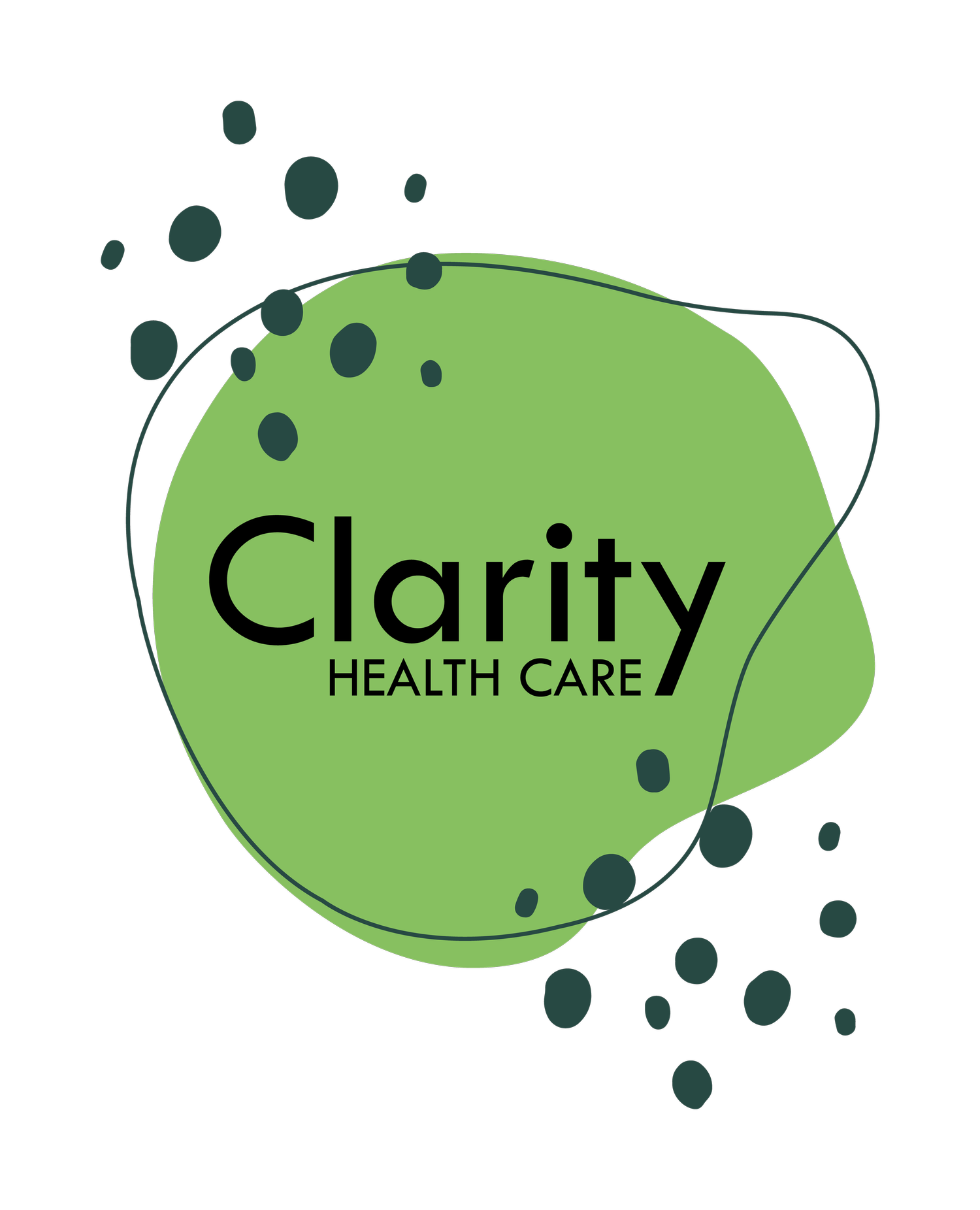
Hospital Substitution Program.
Community-based Support.
Clarity delivers hospital substitution programs, offering care to people with ongoing and complex psychiatric issues who have a history of multiple inpatient admissions and remain at risk of re-admission. We work collaboratively with patients’ treating teams to ensure a consistent, evidence based approach.
Excitingly, health funds have recognised that most patients prefer to receive care outside a hospital setting and thrive when care is executed in a coordinated, assertive and responsive fashion in the community (ie. not bed-based services). Through clinic based appointments, outreach (at-home services), telehealth or group based interventions, patients will have access to our psychiatrists, mental health clinicians and groups as part of the programs established with partner organisations.
Clarity’s community mental health care model supports improved quality of life for patients and their carers/families. This operates by building the resilience and skills to proactively manage mental health concerns and prevent the need for hospital admissions in the longer term. Not only is this in line with what the patient wants, but reflects evidence-based treatment.
Program Delivery.
Clarity works closely with our partners to deliver a program that supports the recovery of their members. The membership referral program allows Clarity to work with the patient by providing clinic based care and reducing the amount of hospital admissions.
Evidence based interventions include:
Eye Movement Desensitisation & Reprocessing (EMDR Therapy)
Acceptance Commitment Therapy (ACT)
Schema Therapy
Motivational Interviewing
Family and Couples Therapy
Pharmacological Therapy
Gestalt therapy
Over the past decade, Clarity has achieved some excellent results with our evidence-based model, and we are exceptionally proud with achieved outcomes such as a 90% reduction in psychiatric hospital admissions.
Some of the key conditions we support include:
Anxiety
Depression
Bipolar
Substance use
Disorders of body image, such as body dysmorphic disorder
Schizophrenia
Obsessive compulsive disorder (OCD)
Post-traumatic stress disorder (PTSD)
Personality disorders, including borderline personality disorder
Sleep disorders
Stress-related
Trauma related





